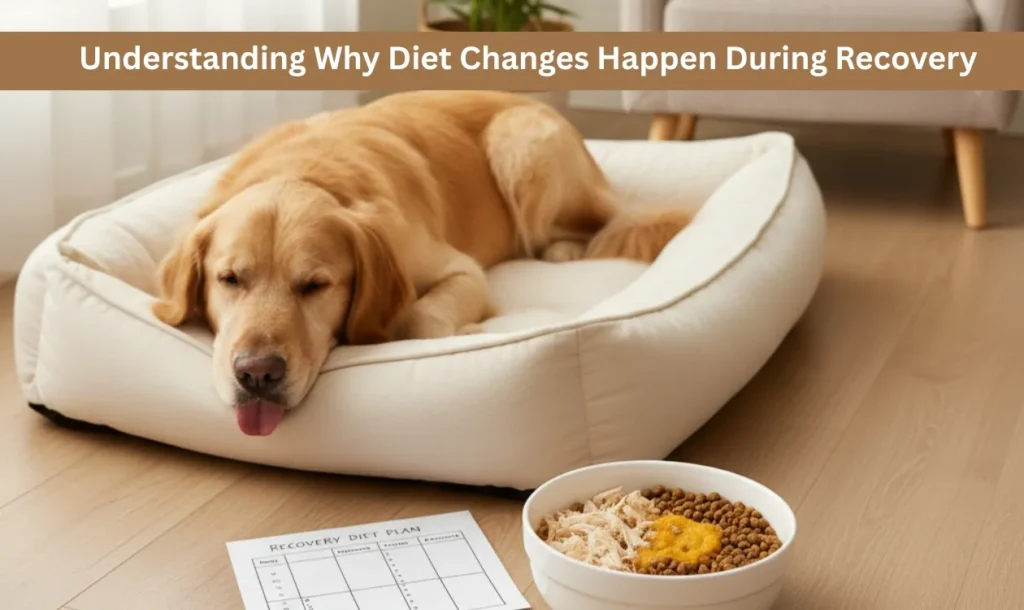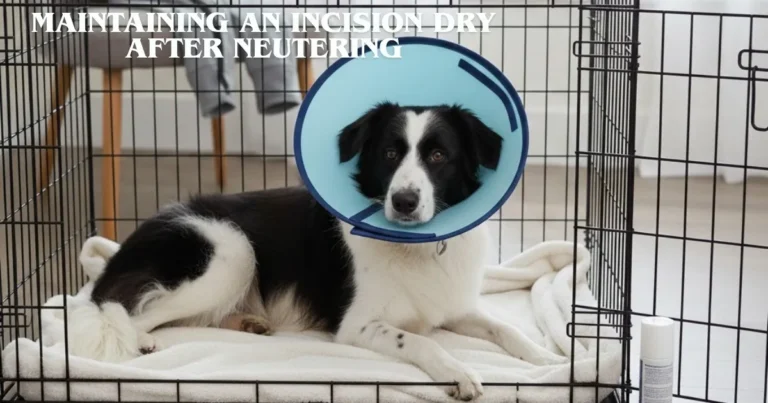Resumption of normal diet : A full guide of safe recovery
Resumption of normal diet : A full guide of safe recovery. Learn how to safely transition back to regular meals, support healing, and maintain balanced nutrition
The timing of the re-introduction of a normal diet, following sickness or surgery or intestinal discomfort, is very important. The body passes through processes of healing and rushing back into normal eating can lead to aches and retardation in the healing process. Knowledge of the time to resume regular eating habits also helps save the digestive system. Going slow is the way to go to make sure your body becomes accustomed to it in a safe and smooth manner.
Recovery nutrition contributes significantly towards energy, tissue repair and recovery of strength. That is why it becomes critical to find the appropriate time when it is possible to resume normal food. You should take it easy whether you are recuperating after getting a stomach bug, undergoing some medical operation, or having to eat soft food. This manual tells how to make the transition successful.
Understanding Why Diet Changes Happen During Recovery
In case of illness or surgical operations, the digestive system tends to be tender or weak. Physicians suggest eating light meals so the stomach does not strain during the healing process. Foodstuffs such as broths, soup, and bland foods help keep the digestive tract calm and approachable. These light menus allow the body to focus on healing rather than processing heavy meals. Such therapeutic foods play a crucial role in early recovery.

The other cause of a diet change is inflammation or irritation of the stomach lining. Consumption of spicy, fried, or heavy food too soon may increase the symptoms. Recovery diets can be used to ease the discomfort and avoid nausea or bloating. It is because of these reasons that you know that you need to make a gradual transition before you can go back to a normal diet.
Signs Your Body Is Ready for a Normal Diet
Improved digestion is the surest indication that you can go back to normal diet habits. Your stomach may be ready in case you are no longer feeling nausea, cramps, or pain. Another important indicator is the healthy appetite returning. Once you just feel hungry, it means that the digestion is regulating.
The digestive system begins functioning well again as regular bowel movements return. Feeling consistent and comfortable after eating is a sign that your body is adapting to food. Increased energy levels also indicate ongoing healing. These combined symptoms support a smoother and safer transition back to regular meals. Such physiological improvements help confirm that the recovery process is progressing normally
Transitioning Slowly Back to Regular Foods
It is safest to reintroduce normal foods using small portions, as this prevents overloading the digestive system during recovery. A gradual increase in food variety helps the stomach adjust and relax. It is highly advisable not to jump into rich or heavy meals too quickly, as they may cause discomfort. Following this gentle approach is an important part of responsible dog care, ensuring a smooth and healthy transition back to regular eating.
One way would be to incorporate one normal food at a time and see how your body reacts. In case of no symptoms, it is possible to proceed with the increase of your diet. Proteins, healthy fats, and carbohydrates are balanced meals that promote regular recuperation. This is a healthy way of making sure that your recovery to normal eating is a comfortable process.
After Illness: When to Resume Normal Eating
Temporary dietary restrictions are often necessary during gastrointestinal disorders such as flu or food poisoning. Once vomiting, diarrhea, or severe bloating subside, you can gradually expand the diet. Begin by replacing bland foods with cooked vegetables and soft proteins. Raw, greasy, or spicy foods should be avoided until normal digestion is fully restored. This careful and incremental approach supports safer and gentler recovery
Digestion might not be greatly affected by respiratory diseases such as colds, but it can still reduce appetite. Once your energy is back and you are hungry, then you can safely begin normal meals. During recovery, hydration is also of significance. You can listen to your body and, therefore, make the right decision at the right time.
After Surgery: Safe Timing for Resuming Normal Diet
Post surgery, physicians tend to prescribe liquids or soft food until the digestive system comes to life. You can then resume a normal diet only when you pass gas or pass a bowel motion, then you know that you are active in digestion. In case food leads to nausea or discomfort, one should stick to soft food. Patience guarantees the recovery process and the avoidance of complications.
The length of time required to resume regular eating can be different with regard to the kind of surgery. Abdominal surgeries are more likely to be done with care whereas minor surgeries might permit faster transitions. During this period, it is advisable to always listen to medical advice. By incrementally introducing something you are not relying on your body to do excessively.
After Digestive Upset : Rebuilding Eating Routine
Temporary loss of appetite is often caused by food intolerances, indigestion, or mild stomach infections. A bland, gentle diet helps pacify the stomach until irritation reduces. Once digestion feels comfortable and your overall condition improves, you can begin reintroducing normal foods slowly. Avoid acidic, fried, and heavily seasoned foods at the start of this transition. Taking this gradual approach ensures safer and easier digestive recovery.
Rehydration is a critical factor in the restoration of digestive health. All is well after the hydration is done and the digestion of food becomes easier. Probiotics can be added to assist in the regulation of the gut. These measures will take care of a safe re-introduction to normal food intake without causing any discomfort.
Foods to Avoid When Returning to a Normal Diet
Some of the foods would not sit well in the stomach during the transition period. Hot, oily, sweet, or fatty foods may be too brutal to recuperate the digestive system. Blowing and acid reflux could also be caused by carbonated drinks and caffeine. It is better to avoid these foods in order to make the process of adjustment easier.
Raw veggies, foods rich in fiber and products that are difficult to digest can be uncomfortable when introduced too early. Another popular deed that puts excess pressure on the stomach is overeating. Slow steps and light meals which can be taken first makes the transition easier. It is possible to take up these foods in moderation gradually after the body gets adjusted to them.
Long-Term Nutrition for Better Digestive Recovery
A balanced diet is healthy and helps in long term digestive power. Through the use of lean proteins, whole grains, as well as cooked vegetables, nutrient absorption is achieved. Eating small regular meals does not overload the digestive system. Consumption of lots of water also enhances digestion and decreases irritation.

Probiotic-containing foodstuffs such as yogurt can also be used to replenish healthy bacteria in the gut. These bacteria enhance increased absorption of nutrients and easy digestion. This is because avoiding too much processed foods will save your stomach the unnecessary burden. Healthy eating habits would help avoid future digestive problems and help in full recovery.
FAQs: Resumption of normal diet
Final Thoughts
Still, it is important to ease the patient into normal dieting after the recovery process and patience, observation and the choice of nutritional food are all that is needed. With the help of listening to your body, it is possible to reintroduce regular foods safely. Slow changes save your stomach the stress and leave it in permanent comfort. Proper diets can make you regain strength.
A systematic healing process is the only difference between bouncing back after a disease, surgery, or digestive disturbances. Balanced meals, soft foods as well as controlled portions assist in putting your system back on track. The body is back on track and becomes energetic with the right nutritional measures. Those are the guidelines which will make your recovery into normal eating easy and devoid of stress.






